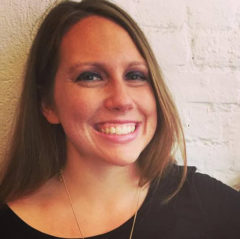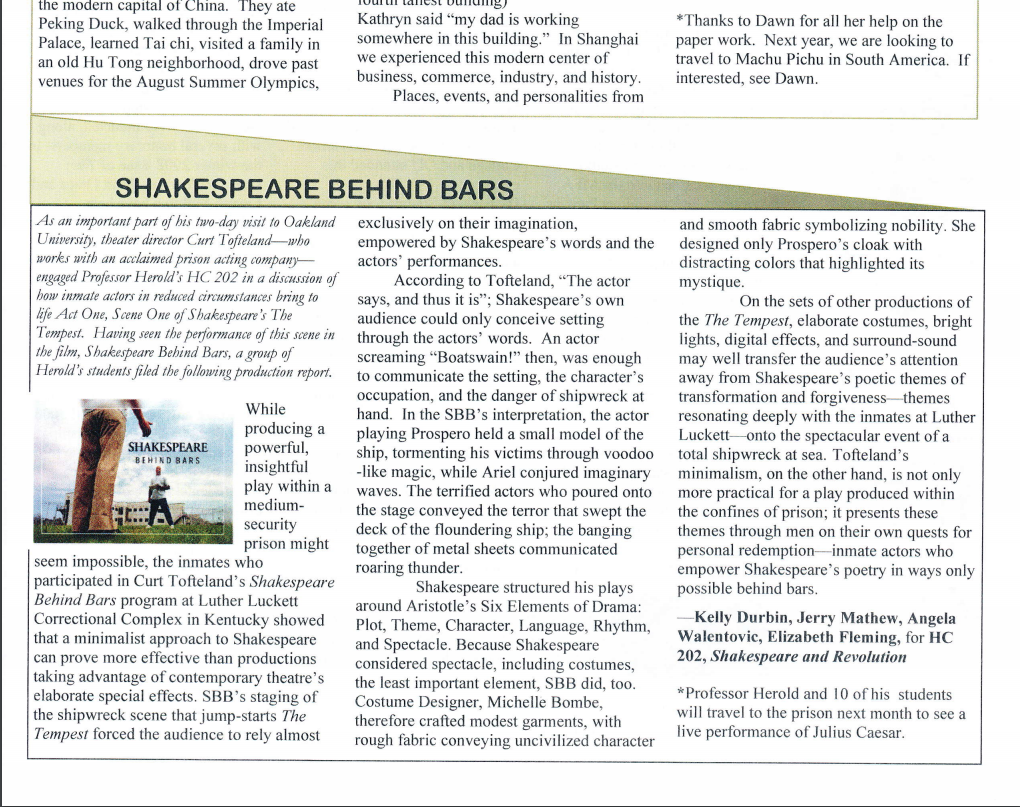Link to Essay at The Warrior Women Project
Abstract: Digitized early English broadside ballads are widely available copyright-free, indexed and searchable complete with high-resolution images of their signature woodcut illustrations, transcriptions and facsimile copy-views on well-established databases including the University of California, Santa Barbara’s Early English Broadside Ballad Archive (EBBA), Gale’s Eighteenth Century Collections Online (ECCO), and the Proquest LLC, University of Michigan and Oxford University collaboration, Early English Books Online (EEBO). With these four, four-letter-acronymed databases, why create a fifth: Wayne State University’s The Warrior Women Project (WWP)? EEBO and ECCO span multiple genres. EBBA houses about 9,250 (90 percent of) early English ballads. With nets cast wide, these databases delve to a certain depth. WWP, with its narrower net, can delve deeper: specifically, into ballads that feature swashbuckling women who pass as men to go to war, first depicted in Diane Dugaw’s 1996 Warrior Women and Popular Balladry, 1650-1850. In this paper, I will tell the story of how one graduate seminar gathered Dugaw’s catalog of 113 such ballads, previously scattered, into one site, encircling them in an intersectional lasso that hones in on race, class, ability, and gender as depicted in the ballads. This paper will show how the WWP’s open access archive and critical edition combines intersectional and digital humanities theory and praxis to efficiently and effectively ignite critical interpretations of the ballads for undergraduates, graduate students and established scholars alike.



